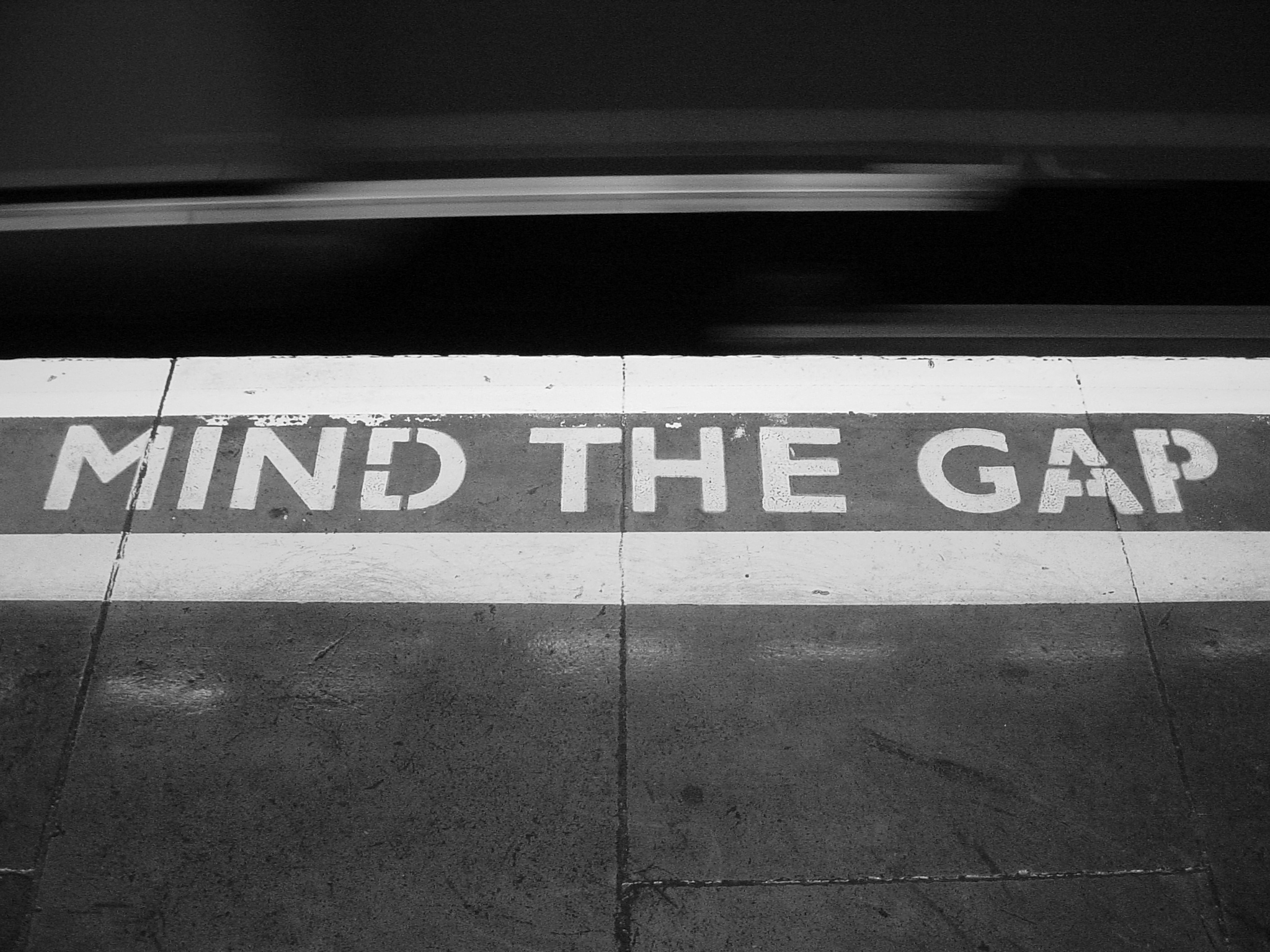Defusion – Creating a Mindful Space
What if I told you that there are no inherently bad or problematic thoughts and feelings? Anxiety is not a problem. Thinking “negatively” is not bad. You’re allowed to feel angry. It’s okay to question yourself…
The real problem lies in our judgements about those internal processes and when we get stuck allowing them to dictate how we choose to live (i.e. feeling anxiety and choosing not to apply for a job or spend time with friends). It’s all about how you relate to your thoughts and feelings. Therefore, finding a new way to perceive your own internal world is the key in moving through all of life’s experiences. It’s all about creating mindful space. Inserting separation between you and your thoughts and feelings. When you have distance from your cognitive and emotional processes, you are better able to take action in an authentic and meaningful direction. When little or no distance is present, it’s very easy to allow unhelpful cognitions and distressing feelings to limit you from existing in the way that you truly desire to.
One of the most helpful tools in creating a mindful space is something called defusion. To put it simply, defusion is all about stepping back and observing our own cognitive and emotional processes mindfully. It’s about viewing thoughts and feelings for what they are – nothing more than words inside of your mind and physiological processes occurring in your body. It’s about trying to limit the judgements surrounding your authentic existence so that you are able to live alongside the colourful array of thoughts and feelings that are a very normal part of the human experience. It’s about realizing that there is a very powerful choice moment in how you react to your thoughts and emotions, but that there is not necessarily a choice in their presence to begin with.
So, how do you do defusion? There are two simple exercises that can be helpful to begin with:
- Whenever you have a distressing thought or feeling, practice noticing and labelling your experience for what it is. For example, when the thought “I’m an idiot” pops up, try inserting the phrase “I’m having the thought” before it so it becomes “I’m having the thought that I’m an idiot”. That feels a bit differently, doesn’t it? There’s a bit of space between you and your thought. You are recognizing it for what it is – a thought. You might even take it a step further and say something like “I notice that I’m having the thought I’m an idiot”, which further separates you (the part that notices) from your thoughts.
An emotional example may be when feeling anxious, instead of “I am anxious”, see what it’s like to reframe it as “I notice that I’m having the feeling of anxiety”. While the feeling is likely still there, there is now a bit of space between you and it. You recognize it for what it is – a feeling. When you label your experiences and accept them for what they are, you let go of pressure to alter them by limiting your life or taking unhelpful action. If the feeling of anxiety is allowed to exist as part of your experience then there is more space for you to choose valuable action right now. - When you find yourself thinking something distressing, ask yourself the question “is this thought helpful or unhelpful to me?” If the answer is that it’s an unhelpful thought, thank your mind for having it and attempt to refocus your attention to something helpful behaviourally in the present moment. By doing this, you can begin to recognize that your mind offers you a lot of unhelpful thoughts each day, but that you still have a choice in how you live right now. If you continue to do valuable things even in the presence of unhelpful thoughts (i.e. having the thought “no one likes me and I should just stay home” but labelling it as unhelpful and choosing to go out with friends any engage socially anyway) then you take your power back. You recognize that you don’t have to get into a struggle with your thoughts or change your thoughts to be able to live meaningfully right now. How empowering is that?
Kaylee Garside, MA, has extensive experience in the areas of mindfulness and acceptance practices, plus many more. For more information on Kaylee and her work, click here to link to her full bio page.




